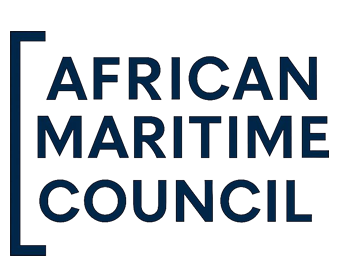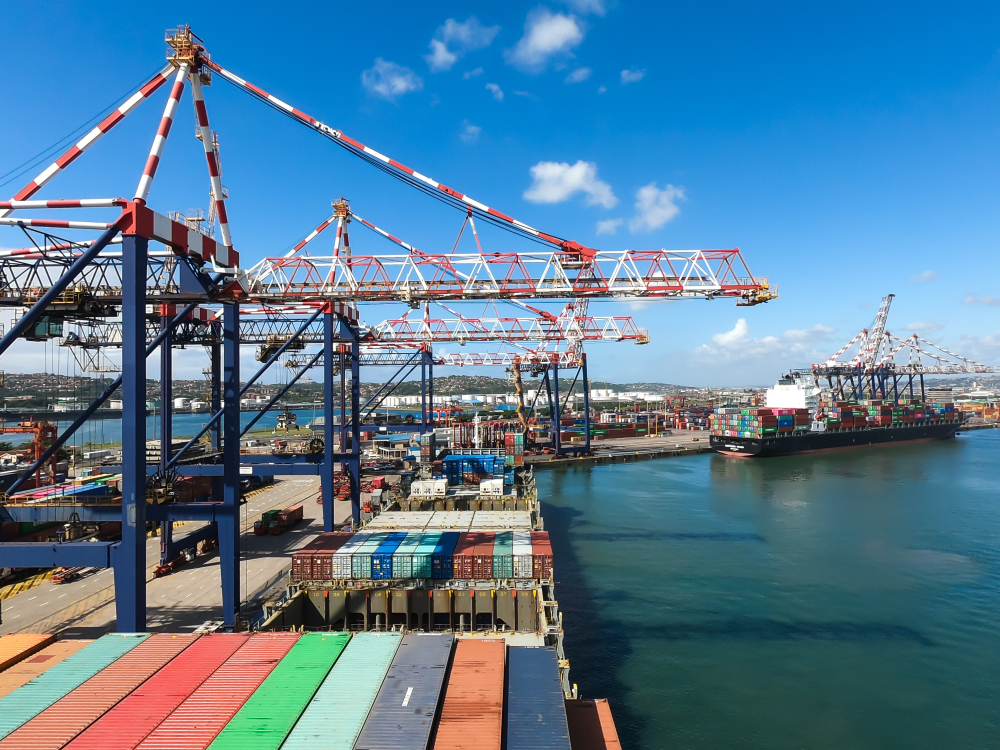Escalating insecurity in the Red Sea is reshaping the dynamics of African trade and shipping, with mounting disruptions as major carriers reroute away from the region. Yemen’s Houthi rebels have announced a new phase of attacks targeting vessels with ties to Israel, the United States, and the United Kingdom. As a result, major shipping lines are avoiding the Red Sea and Suez Canal, forcing changes that are now being felt across Africa.
The Houthis, backed by Iran, have increased their use of armed drones, anti-ship missiles, and fast boats in the Red Sea and Bab el-Mandeb Strait. They recently declared that any ship connected to companies doing business with Israel could be targeted, regardless of the ship’s flag or nationality. This message has raised alarm among shipping companies and led to rerouting of vessels around the Cape of Good Hope instead.
For Africa, these changes have serious consequences. East African ports like Djibouti, Berbera, Mogadishu, Bosaso, Kismayo, Mombasa, and Dar es Salaam are facing delays and reduced shipping traffic. With fewer vessels passing through the Red Sea, the frequency of sailings has dropped. This means longer wait times for goods, higher transport costs, and delayed deliveries of essential items like fuel and food.
At the same time, ports in West and Southern Africa are seeing more activity. Ships that would normally pass through the Suez Canal are now taking the longer route around southern Africa. As a result, ports like Durban, Cape Town, Tema, Abidjan, and Lomé are handling more vessels. Ports such as Walvis Bay and Maputo are also becoming more attractive as alternatives, especially for trade between Asia and Africa.
But the longer route comes at a cost. Sailing around the Cape of Good Hope adds up to 12 days to shipping times. Fuel costs rise, and insurance premiums for vessels that still transit the Red Sea have gone up sharply. This puts extra pressure on freight rates and raises costs for importers and consumers in Africa.
Security remains a major concern. While international naval patrols are present in the Red Sea, their coverage is limited and reactive. In response, there are growing calls for East African coastal countries to work together and invest in regional maritime security to better protect their waters and trade routes.
Businesses are starting to adjust to the new reality. Some are shifting trade routes, while others are trying to build buffer stocks to avoid running out of key goods. A food importer in Nairobi, for example, warned that if the disruption continues into the last quarter of the year, East Africa could struggle to source basic commodities on time.
For African shippers and governments, this crisis highlights the importance of flexibility and regional cooperation. It’s a reminder that while conflicts may begin far from the continent, the effects are often felt close to home—especially when it comes to trade and shipping.
source: africaports.co.za

